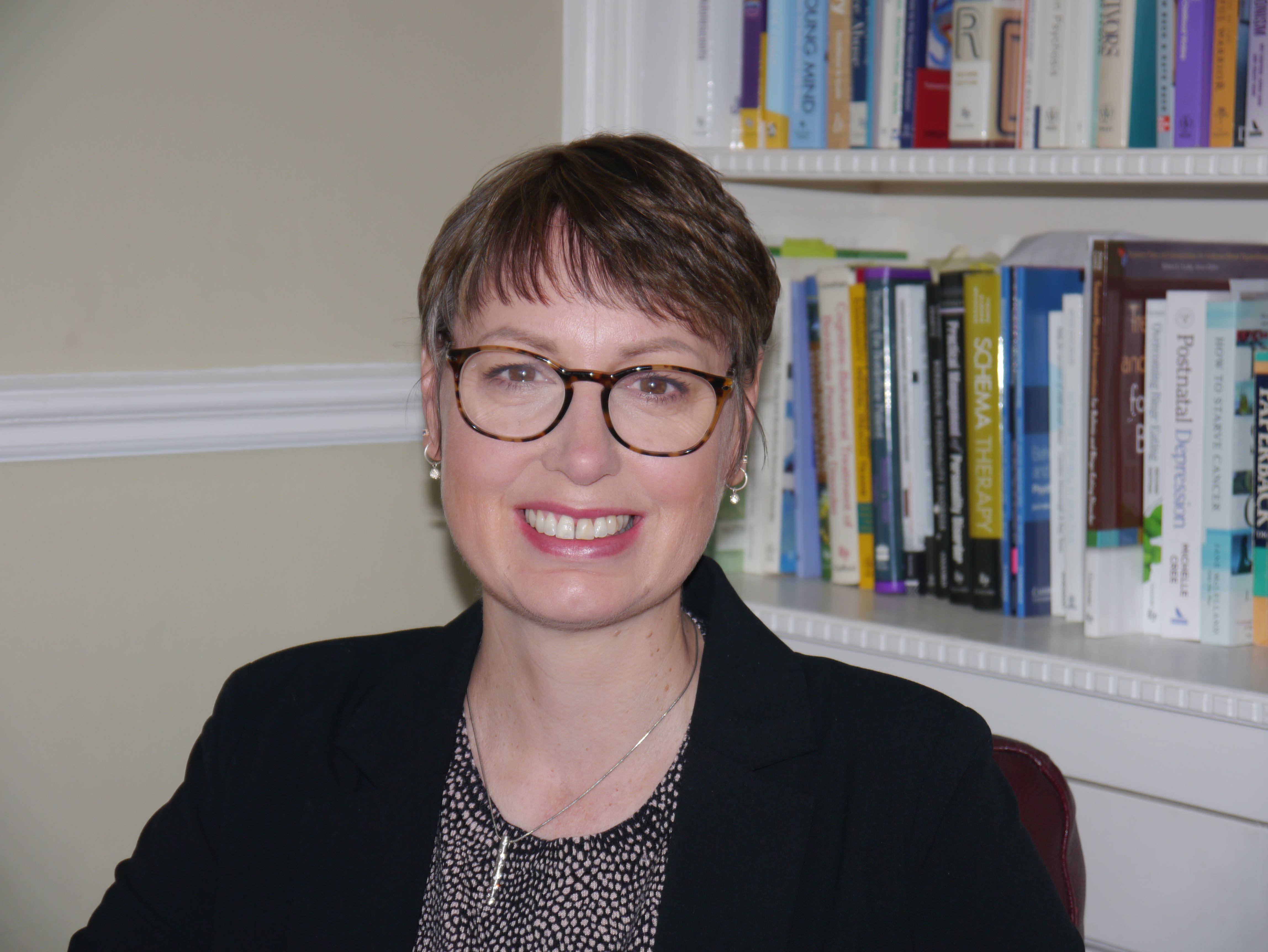I was 47 years old when I received the devastating news that I had breast cancer. Being diagnosed with breast cancer is probably one of the hardest things you will go through. It can leave you feeling in shock, concerned about your mortality and fearful of what lies ahead.
The treatment for breast cancer itself often leaves you feeling significantly worse rather than better. It leads to marked changes in your appearance which can impact your self-esteem. Sleep and energy levels can be severely depleted, leaving you vulnerable to feeling even more emotional. All of this can impact on your relationships, particularly intimate relationships, which can create further emotional difficulties.
As a Clinical Psychologist, I have spent many years supporting people through their own emotional responses to difficult life events. When I received my cancer diagnosis, it felt like my life had been turned upside down.
For the first time, I was faced with my own mortality. I couldn't imagine how I might deal with everything that was to come. I was fortunate to have a lot of support from family and friends, but I also know it was my knowledge of psychological theory and skills that helped.
I am trained in a number of therapeutic approaches, but it was the ideas of acceptance and commitment therapy ACT that I utilised most to help me through.
ACT involves 3 core processes:
1. Connecting with the present moment
We tend to spend much of our time worrying about the past or thinking and often catastrophising about the future. We spend very little time just in the present moment. Yet, the present moment is usually tolerable.
If we are not aware of what we are thinking or feeling in the present moment, we can find ourselves reacting in 'auto-pilot' mode. This may mean we behave in ways that are not the most helpful or effective.
So, ACT helps to increase skills in connecting with the present moment through mindfulness. This can mean connecting with what is going on for us internally e.g. thoughts, feelings, bodily sensations or what is happening externally e.g. what we can see, hear etc .
This is a very important skill when our emotions feel overwhelming.
Tip: When you notice your mind focusing on the past e.g. questioning why you didn't notice your breast lump sooner or on the future e.g. worrying about how you are going to cope with the treatment to come , practice noticing your breath.
It won't be easy, your mind will keep coming back to the anxious thoughts, but each time you notice that, bring your attention back to noticing your breath.
2. Opening up to difficult internal experiences
As humans, our natural urge is to want to get rid of unpleasant thoughts and feelings. And in our modern culture, there are messages everywhere that we should 'think positive' and 'be happy'. But being diagnosed with cancer and going through treatment is a highly distressing experience. We have to allow ourselves to feel this pain.
If we fight with the feelings we judge as 'negative', this will cause an internal struggle that makes us feel worse. We need to open up to the experience rather than pushing it away. We need to accept how we feel in the present moment, even if we don't like it.
This does not mean 'giving in' or resigning yourself to a situation or feeling. It is about acknowledging the situation and your thoughts and feelings in the present moment. Observing your emotional experiences with curiosity and compassion.
Tip: Allow yourself some time to really connect with how you are feeling. Allow yourself to feel whatever you feel. Notice where you experience that feeling in your body. Perhaps you feel a tightness in your chest or a knot in your stomach.
Try to observe these sensations like a scientist examining a new phenomenon. And then imagine breathing into this feeling in your body. Allow space around it. Allow it to be there and allow it to move or change if it wants to.
The goal here is not to get rid of the feeling but to allow it space to exist and in so doing it may start to shift.
3. Doing what matters
When we face a dilemma, it is important to be aware of our core values. What do we want to stand for? How do we want to show up in this situation? And once we are aware of what is important to us, we then need to take the next step and do what matters. We need to take a small step 'towards' being the person we want to be, rather than letting our thoughts and feelings dictate our behaviour.
Tip: Think about how you want to be during this period of going through cancer treatment. What is important to you? Once you have identified a small number of values that are important to you, consider what small steps you can take each day towards this value.
Perhaps it is to still feel useful to continue to connect with your partner? Can you plan a short walk together or have a candle-lit meal one evening? You may not always be able to do these things, there will likely be days when you are feeling far too ill to connect, but you can purposefully take these small steps on days when you are feeling physically better.
None of this comes easy and we don't always get it 'right'. But engaging with out emotions in this way and focusing on what we can do, whilst remaining compassionate with ourselves, can make a painful experience like breast cancer more manageable.
Sarah Swan is a Consultant Clinical Psychologist and the author of Coping with Breast Cancer: How to navigate the emotional impact through your journey

